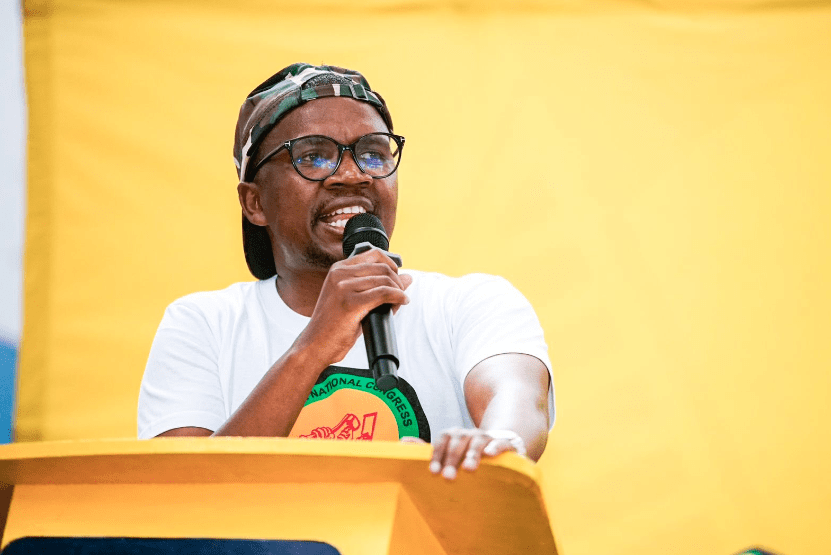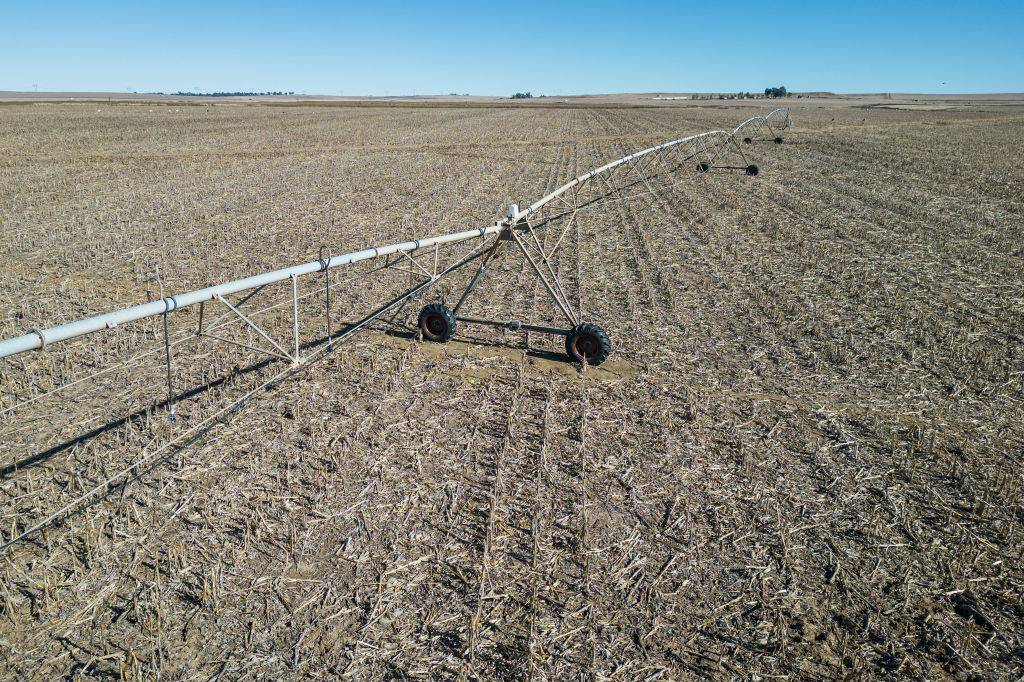All Blacks captain Sam Cane. Photo / Photosport.co.nz
OPINION:
The great Australian cricketer Keith Miller, who flew daring raids over Europe in a Mosquito bomber in World War II, was once asked by a television interviewer how he dealt with the pressures of
test cricket.
“Playing cricket’s not pressure,” said Miller. “I’ll tell you what pressure is. Pressure is having a Messerschmitt up your arse.”
There’s a mental Messerschmitt trailing the out of form All Blacks as they head into the test against the Springboks in Mbombela, and how well our players can channel the mental freedom of Miller, and still manage to play with a confidence that was lacking against Ireland, will decide the game.
Past All Black triumphs point to what’s needed.
The 2011 Rugby World Cup final at Eden Park was gut churning, nail biting, torture for New Zealand fans as the All Blacks squeezed past France. But on the field All Black captain Richie McCaw would later say what he was thinking was, “They’re under even more pressure (than we are) because they’re behind. The big thing is to be calm.”
The All Blacks stayed calm, and won 8-7.
Graham Mourie, the captain in 1978 of the first All Black Grand Slam team in Britain and Ireland, had a phrase his team-mates would recall years later, “You want your body going at 100 miles an hour, but your mind as clear as if you’re sitting in an armchair.”
That was how the All Blacks managed to stay so icily collected, they won two of their four test victories in the last five minutes.
In 1988, just a year after winning the first World Cup, new All Black captain Buck Shelford found his team 16-6 down at halftime in the second test with the Wallabies. Shelford was a lot more than a “follow me” leader. At an injury break in play early in the second half he drew his men around them, and demanded that every one calm down and concentrate on just one or two key tasks, when he fired out. The test was drawn 19-all.
/cloudfront-ap-southeast-2.images.arcpublishing.com/nzme/3JJHFQQOR7IPX4W3VRZAHJOCHA.jpg)
In 1996 the last five minutes of what would be the series deciding test against South Africa in Pretoria saw the Springboks smashing at the All Blacks’ line. “What got us through was discipline, character, desire and pride,” Michael Jones would say. The line held, the All Blacks won 33-26, and made history with their first ever series win in South Africa.
Do the current All Blacks have enough players with that precious mix of astute thinking under pressure, and total physical commitment to win in Mbombela?
Some do. Will Jordan, despite the fact he really should be playing at fullback, manages to convert a rugby field to a chess board in his mind, always seeing what will happen two or three moves further ahead. Caleb Clarke is wonderfully free thinking, with an attitude that allows him to show that sometimes rugby can be as simple as being faster, stronger, and quicker on your feet than your opponent.
Of course, unless the All Black forwards muscle up against the controlled brute strength of the Springboks, it won’t matter how swift or skilled any of the backs are.
Hooker Samisoni Taukei’aho is a man so academically gifted he’s gone from a 15-year-old who could really only speak Tongan, to studying for a law degree. But as a rugby player he harks back to a more basic time, when the motto “see it, smash it” was all forwards needed to remember.
If the rejigged coaching team can rev up all the forwards, so there’s no more sleepwalking through the first quarter, as we saw in all three tests with Ireland, then the most maligned All Black side since 1998 may overturn the odds (currently $1.67 for South Africa at the TAB versus $2.20 for New Zealand) and score an upset victory.
But if they lose? Then take the pressure they’re under now, and crank up the volume to levels that’d make Guns’n’Roses sound like a chamber music quartet.

















%20(2)%20(1).jpg)


Discussion about this post